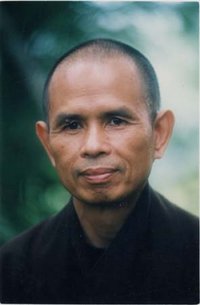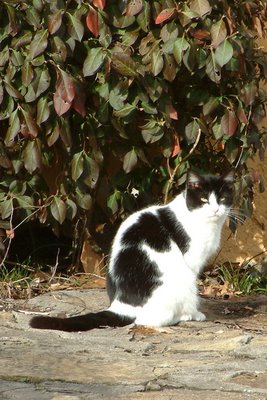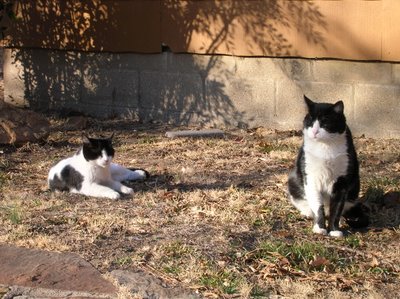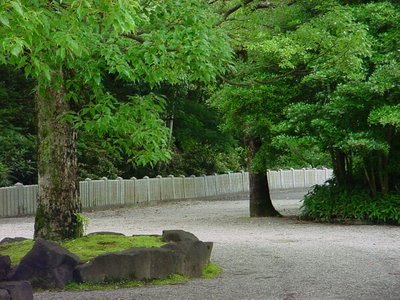Heaven on Earth, we need it now
I'm sick of all of this hanging around
Sick of sorrow, sick of the pain
I'm sick of hearing again and again
That there's gonna be peace on Earth
Where I grew up there weren't many trees
Where there was we'd tear them down
And use them on our enemies
They say that what you mock
Will surely overtake you
And you become a monster
So the monster will not break you
And it's already gone too far
Who said that if you go in hard
You won't get hurt?
Jesus can you take the time
To throw a drowning man a line
Peace on Earth
Tell the ones who hear no sound
Whose sons are living in the ground
Peace on Earth
No whos or whys
No one cries like a mother cries
For peace on Earth
She never got to say goodbye
To see the color in his eyes
Now he's in the dirt
Peace on Earth
They're reading names out over the radio
All the folks the rest of us won't get to know
Sean and Julia, Gareth and Ann and Breda
Their lives are bigger than any big idea
Jesus can you take the time
To throw a drowning man a line
Peace on Earth
To tell the ones who hear no sound
Whose sons are living in the ground
Peace on Earth
Jesus sing a song you wrote
The words are sticking in my throat
Peace on Earth
Hear it every Christmas time
But hope and history won't rhyme
So what's it worth
This peace on Earth
Peace on Earth
Peace on Earth
Peace on Earth
May we move beyond the grief and the cynicism and the despair and do our part in making it so. Never forget that peace begins within. Our meditative practice is foundational to peace. Let us enter the New Year with renewed commitment.















































